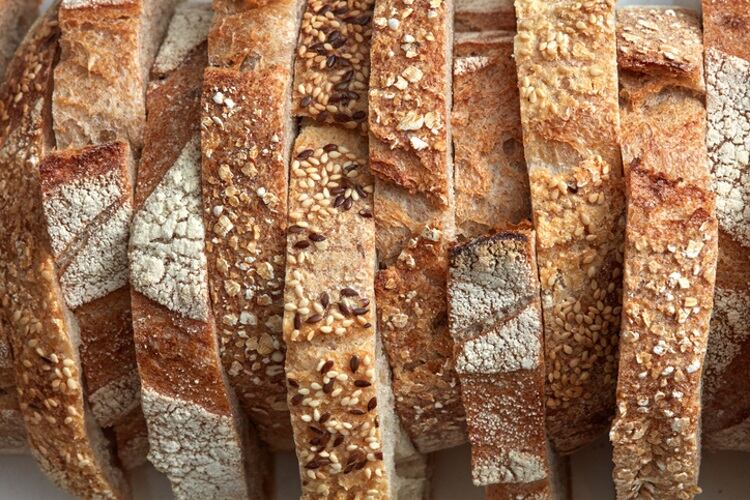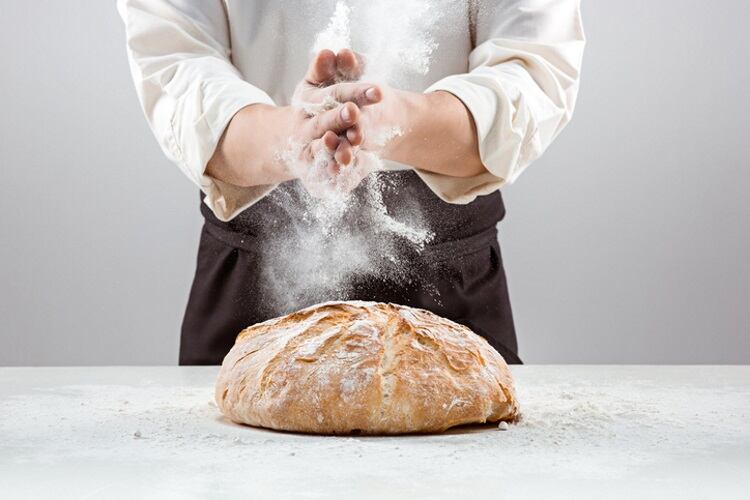Bakers are facing one of the best opportunities to capture a bigger share of consumer shopping baskets since low-carb diets pulled the rug from under their sales. A growing awareness that good gut health means more than digestive comfort has the potential to drive bakery innovation to a higher level of sophistication.
Market intelligence agency Mintel summed it up in a recent special report, noting that consumers have begun treating their bodies like an ecosystem. This is prompting their search for functional food products that complement their personal health needs.
So, where does that leave the bakery industry? In a melting pot of development possibilities, where many of the ingredients that bakers already use can be reframed in new nutritional concepts that use gut health as a starting point.
Signe Causse, innovation marketing leader at ingredient company IFF, believes the continuing rise in bread product launches with a digestive health claim is finally bringing the category out from the long shadow of the low-carb trend.
“Although many consumers continue to limit the bread in their diet due to the carbohydrate content, bread remains one of the best targets for dietary fibre addition,” said Causse.
“Apart from supporting a well-functioning digestive system, fibres may help to maintain and develop the beneficial gut microflora that contribute to other aspects of health and wellness.”
Digestive health on the rise
The Mintel Global New Products Database gives a good indication of where bakery growth is heading.
Since 2016, gluten-free and other claims related to digestive health have risen steadily year-on-year. Sourdough products have leaped up in popularity, and there is growing mention of added fibre and sprouted grain on bread labels. Bread launches with a plant-based claim are also accelerating rapidly – for many consumers, another route to a healthier gut.
Within all these segments, there is plenty of room for further product development. But there are challenges to hurdle before bakers can make the most of these opportunities. Many of the difficulties relate to gluten – the natural wheat protein that both gives bread its texture and volume and, for some consumers, is an intolerable cause of digestive grief.
Despite improvements in bakery technology, some gluten-free breads continue to stand out for their poor sensory quality. In gluten-containing bread recipes, quality problems may arise from the influence of added fibres or sprouted grains on gluten development – a downside that impacts the bakery process.
“The technical challenges surrounding gluten mean there is a huge space for quality improvement,” said Causse.
“Although some markets – like the UK – have made major progress within gluten-free product development, the choice of products remains largely poor, fresh-keeping is not good and the taste is typically bland," said Causse, also noting that there are tailored solutions available nowadays that can now significantly improve the chances of successful gluten replacement or restore strength to bread dough if the gluten is compromised.
Another challenge is the fibre gap, and the majority of consumers who prefer white bread to wholegrain. Here, probiotics can enable fibre enrichment and support the growth of healthy gut microflora, without altering taste and texture.
The road to personalised nutrition
Recently, new spore-forming bacteria have arrived on the market, bringing the possibility to add live cultures to baked goods before the baking process. Although currently targeted towards cereals and bars, Causse believes it is only a matter of time before the value-adding potential of these and other functional ingredients becomes more widely acknowledged within the bakery sector.
She also mentions plant-based soy and pea proteins among the opportunities to satisfy the growing consumer demand for personalised nutrition.
“Personalised nutrition is an upcoming white space that will take the conversation beyond gut health. We’ve already seen baked goods enriched with protein and plant inclusions as well as ‘fitness bread’ for weight management. So it’s easy to imagine a future for bread products that target women’s or kids’ health, for example.
“Bakers should see this as an interesting opportunity moving forward.”




